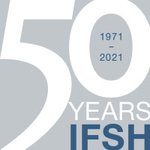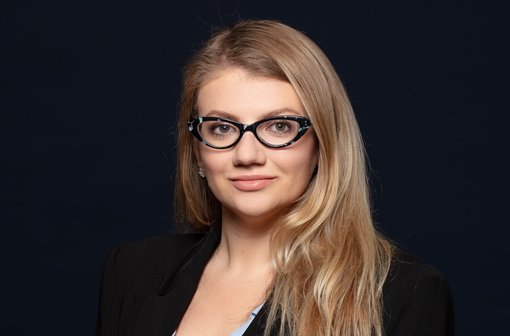“Speak truth to power!” This pithy phrase, which is used to encourage the listener to confront those in power with the truth, also neatly sums up both the goals and conflicting objectives of effective knowledge transfer.
One aspires, firstly, to arrive at empirically verified research results. Secondly, there comes the task of communicating these findings to those in power – i.e., politically influential people – in a comprehensible way. These aims must coexist even when the findings meet, perhaps predictably, with unease, doubt or even rejection. This balancing act is at its most difficult when the recipient and the financial sponsor of scientific work are one and the same person or institution. To what extent can academic independence then be maintained? How courageous can and must scientific scholarship be? Where might self-censorship begin?
For many decades, the IFSH has successfully engaged in knowledge transfer directed towards society and the political sphere. Wolf Graf von Baudissin verbalised the ambition of the “citizen in uniform” as part of his regular exchange of ideas with the Bundeswehr and the Federal Ministry of Defence. At the end of the Cold War, under the guidance of Egon Bahr, IFSH scholars advised the German Federal Government on questions of arms control and established contacts with East Berlin and at the highest levels of the Kremlin. The establishment of the newly formed Organization for Security and Co-operation in Europe (OSCE) was soon accompanied by the IFSH’s – and the world's only – Centre for Research on the OSCE (CORE); and when the security policy focus shifted beginning in 2001 to Afghanistan and the fight against terrorism, the IFSH worked on preventive and peace-building approaches.
Various white papers, guidelines on arms exports and reports on technology impact assessments were produced with the help of critical analysis from the IFSH. And IFSH researchers answered questions in countless informal meetings and public consultations.
The developments of the recent past, however, have been rather more ambivalent in nature. On the plus side, politics has shown an increased interest in knowledge transfer that is “Made in Hamburg”. That interest has been underpinned by generous funding, the extent of which the Institute has never before experienced. This, however, raises the issue of critical distance all the more. At the same time, scientifically substantiated knowledge transfer is becoming increasingly relevant to society – especially as a corrective to so-called fake news, post-factual movements and disenchantment with politics.
All this leads us to the final and perhaps most important goal of dialogue with "the powerful", for, in Germany, all power emanates from the people. What necessitates the efforts of the scientific and academic community all the more, therefore, is the goal of having a continual influence on society at large, of engaging with the interested public. Through its use of new digital formats and its ambitious interactive work programme called “Doing Peace!”, the IFSH is rising to the challenge.
For academics such as ourselves, it’s not only about recalibrating our research focus, but being a greater presence in socio-political debates and not shying away from controversy as well. Orientational knowledge that is proactively disseminated and which falls outside of the academic comfort zone is the only kind of knowledge that has an honest chance of actively contributing to peace and security in the 21st century.






